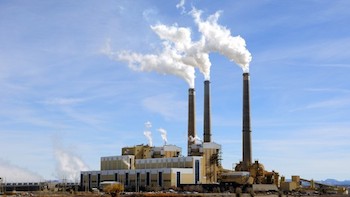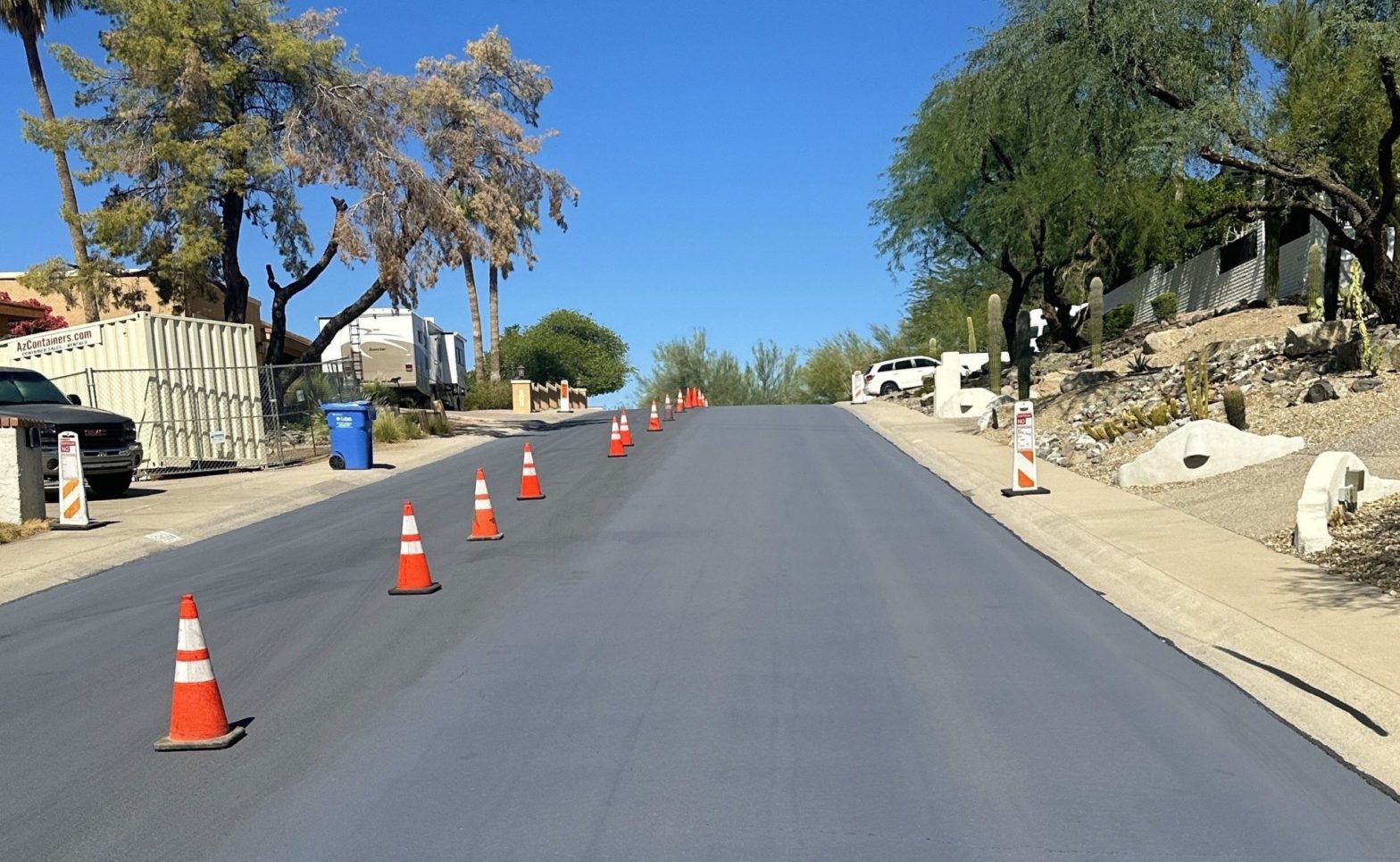
Photo: coal_power_plant
Supreme Court decision increases scrutiny over whether US will meet COP21 targets
12 February 2016
by Tom Teodorczuk
The US Supreme Court’s decision to put the White House’s climate change policies on hold could have profound implications for the agreement reached at the Paris climate conference (COP21) last December, some experts have argued.
In a surprise verdict, the Supreme Court voted 5-4 to block the Environmental Protection Agency’s Clean Power Plan, which aims to reduce power plant emissions and forms a leading component of the Paris Agreement made by US President Barack Obama.
The Supreme Court did not permanently block the plan but have prevented it from being carried out until legal challenges against it have been decided. The case will now be argued in a federal appeals court in June, threatening to place the legislation, which the Obama administration had been hoping to speedily enact, in limbo.
Plans for the US to cut emissions by close to a third from 2005 levels to 28 percent by 2025 by enacting rules making power plants, cars and buildings more energy efficient, were legally challenged by two dozen US states, most of them high coal-mining producers.
The White House said in a statement it was disappointed in the setback to its Clean Power Plan but added it was hopeful the US would meet its COP21 targets: “We remain confident that we will prevail on the merits.”
But Mike Duncan, President of the American Coalition for Clean Coal Electricity, predicted the ruling would lead to the regulation of emissions from power plants being overturned. He said: “The stay is a signal the Supreme Court has serious concerns with the power plan. We’re optimistic the power plan will ultimately be rejected.”
Navroz K. Dubash, a senior fellow at the Center for Policy Research in New Delhi, told the New York Times: “If the US Supreme Court actually declares the coal power plant rules stillborn, the chances of nurturing trust between countries would all but vanish. This could be the proverbial string which causes Paris to unravel.”
The governors of some US states such as California, New York and Washington will continue to carry out the rule. As well as the Clean Power Plan, the US, now the second global greenhouse gas polluter behind China, recently extended tax credits for wind and solar power.
It is now expected that the EPA’s regulations on limiting greenhouse gas emissions will be decided by the US President who succeeds President Obama next January.
But David Waskow, Director of the International Climate Initiative at the World Resources Institute, expressed optimism despite the Supreme Court setback. He said: “Legal experts are confident that the courts will uphold the Clean Power Plan and allow the rule to bring affordable, clean energy to millions of Americans. The US administration has been crystal clear about its ongoing support for the Paris Agreement and commitment to achieve its 2025 climate targets.
“We urge all countries to continue moving forward on their climate actions in the months and years ahead. On April 22nd—Earth Day—political leaders from across the globe will reaffirm that commitment by formally signing the Paris Agreement. We are confident that the United States will be among those signing in New York.”








